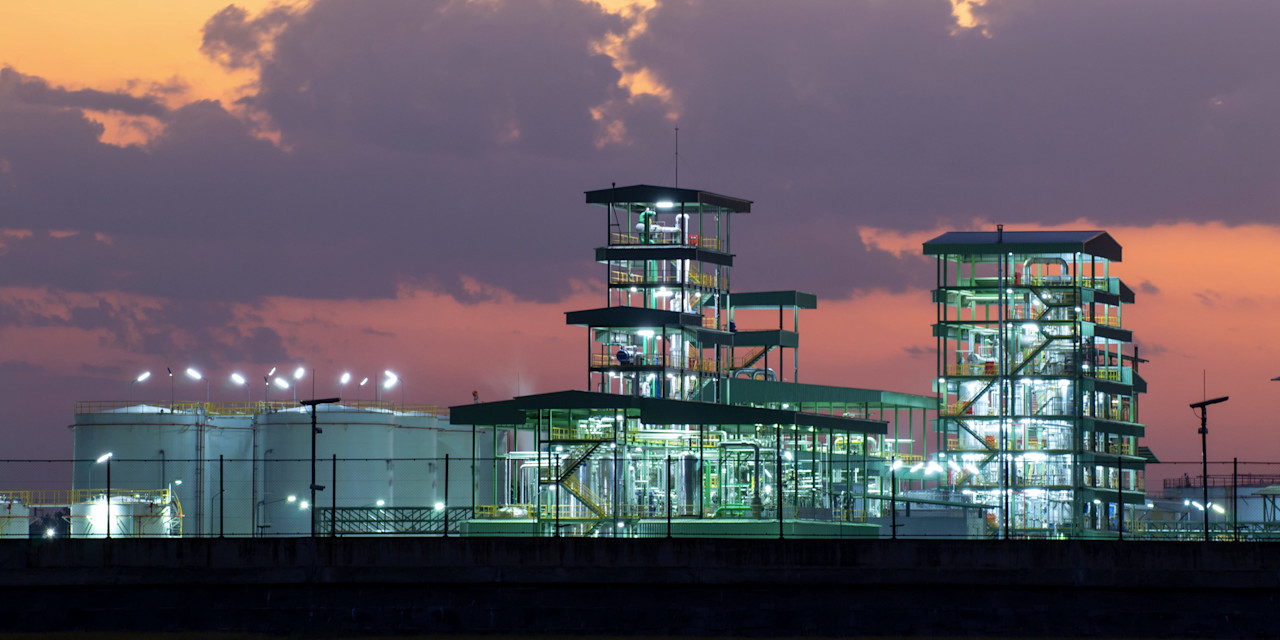

Deforestation and human rights lead Q1 Active Ownership report
The progress made on Robeco’s evergreen engagement topics of nature and human rights is highlighted in the latest Active Ownership report.
Summary
- Sustainable palm oil theme ends, engagement continues with other commodities
- Reports on human rights in conflict zones and on diversity theme expansion
- How the changing and often volatile AGM voting season is likely to play out
It follows the closure of an extended engagement campaign with palm oil companies, a reflection on our results on engagement on human rights in conflict zones, and the widening of the diversity theme to reflect a broader focus on workforce issues.
The Q1 report ends with an update on proxy voting as the annual general meeting season gets into full swing. The format of the once-routine AGM has changed significantly since the Covid pandemic, along with a rising trend of disruptions and protests.
Robeco's commitment to using its best efforts to eliminate commodity-driven deforestation through stewardship by the end of 2025 has focused on sustainable palm oil production and other forest-risk commodities.
Our enhanced engagement program sought to achieve 80% certification by the Roundtable on Sustainable Palm Oil (RSPO), the industry standard for demonstrating the sustainability of plantations, and to implement deforestation-free supply chains. The program has expanded to include soy, cattle products, pulp, paper and timber.
“Despite much progress, some companies failed to meet the RSPO certification threshold, which means they face exclusion from our portfolios,” say sustainable investment specialists Laura Bosch and Ghislaine Nadaud, who share their findings over the past three years, and outline the approach going forward.
“While challenges remain to prevent deforestation, we’ve been pleased with the progress made by all the other companies producing palm oil in our portfolios. We now have much higher levels of RSPO certification and better sustainability practices related to biodiversity than when we began.”
Human rights in conflict zones
Respecting human rights in conflict-affected and high-risk areas (CAHRAs) is a difficult arena for companies operating in those areas and their investors. The engagement theme, launched in 2021, focuses on encouraging responsible actions and doing enhanced due diligence.
“Our work in this area has grown in importance after both the Ukraine and Israel conflicts erupted since the engagement began,” says senior engagement specialist Yumi Fujita. “Although the engagement theme in its current form is closing, this remains work in progress in ensuring that companies are not exposed to human rights abuses.”
Get the latest insights
Subscribe to our newsletter for investment updates and expert analysis.
Human capital management
Robeco has widened its engagement theme from simple Diversity and Inclusion (D&I) to Human Capital Management (HCM) to recognize the wider value of job satisfaction, fair wages, and employee development.
“We recognize the need for talent attraction and retention as a key factor for success of the companies that we invest in, so we expanded the theme to cover issues such as workforce transparency, career development and talent management, among many others,” says social engagement lead Daniëlle Essink.
“We firmly believe that a strong approach to HCM builds a resilient and motivated workforce, and that feeds through into company earnings and investor returns. It is vital for long-term value creation.”
Proxy voting
Finally, the time-honored AGM is a crucial platform for companies to communicate with shareholders, and for investors to exercise their voting rights. It tends to peak around the spring season running from March to June, when most companies hold meetings, both in person, and increasingly virtually.
“Many of the AGMs have morphed into virtual-only gatherings that freeze out unwanted proposals, or have become battlegrounds with protestors over contentious issues,” says engagement specialist Diana Trif.
“This is not the way forward. We will certainly approach the spring AGM season calling for timely and comprehensive disclosures, avoidance of bundled proposals, and transparent vote results,” adds engagement specialist Lucas van Beek.


























